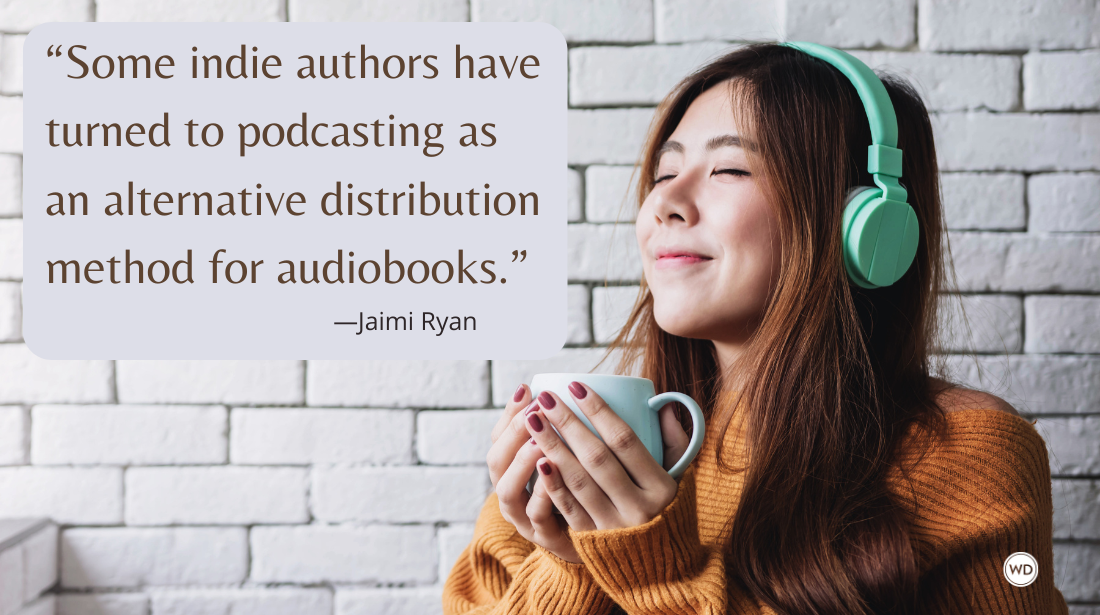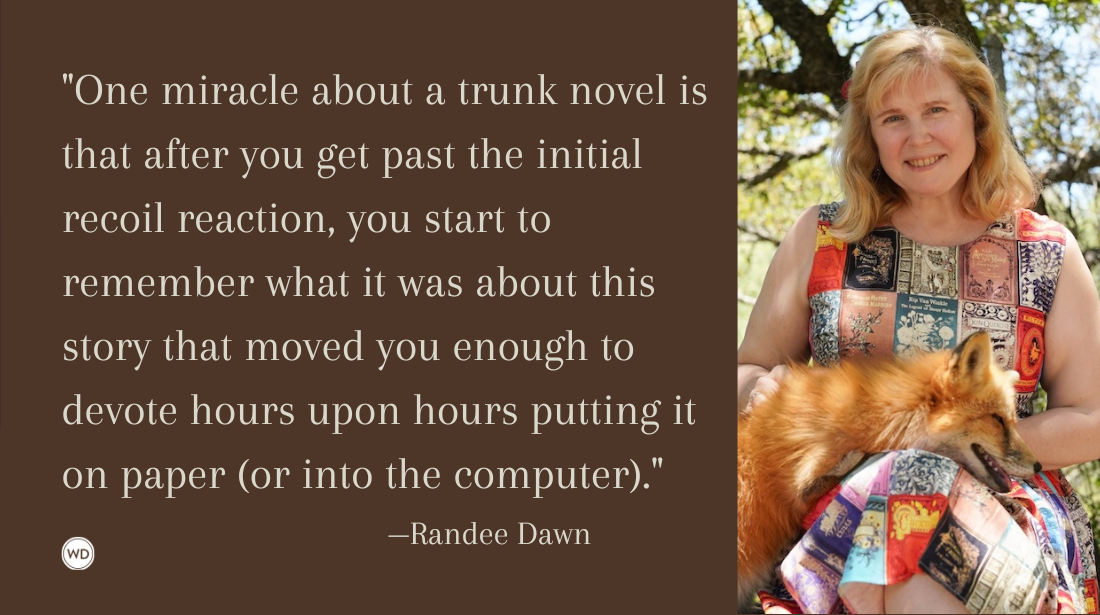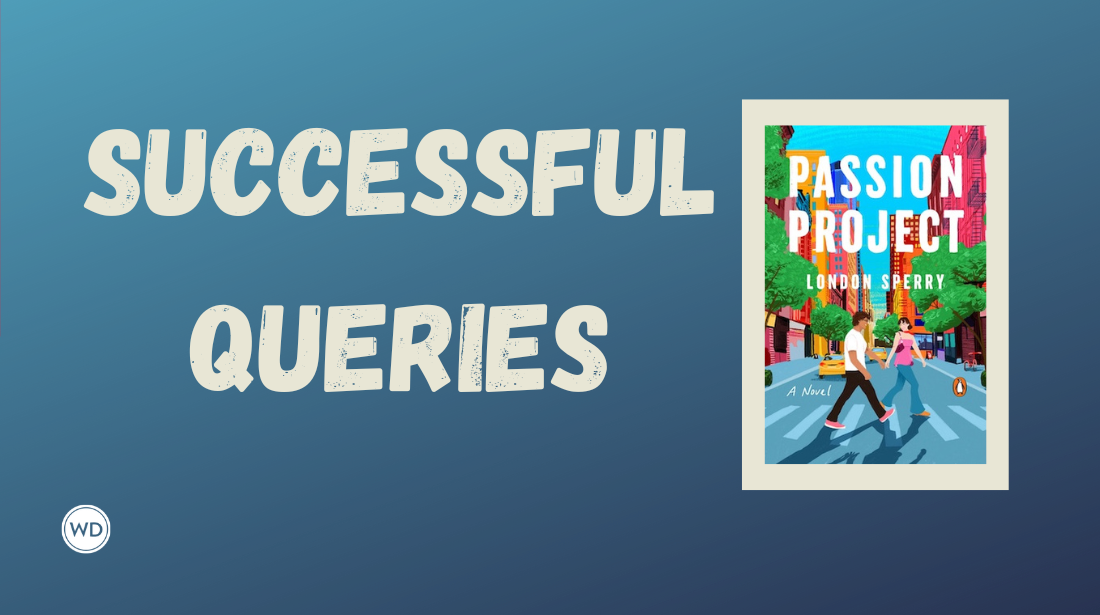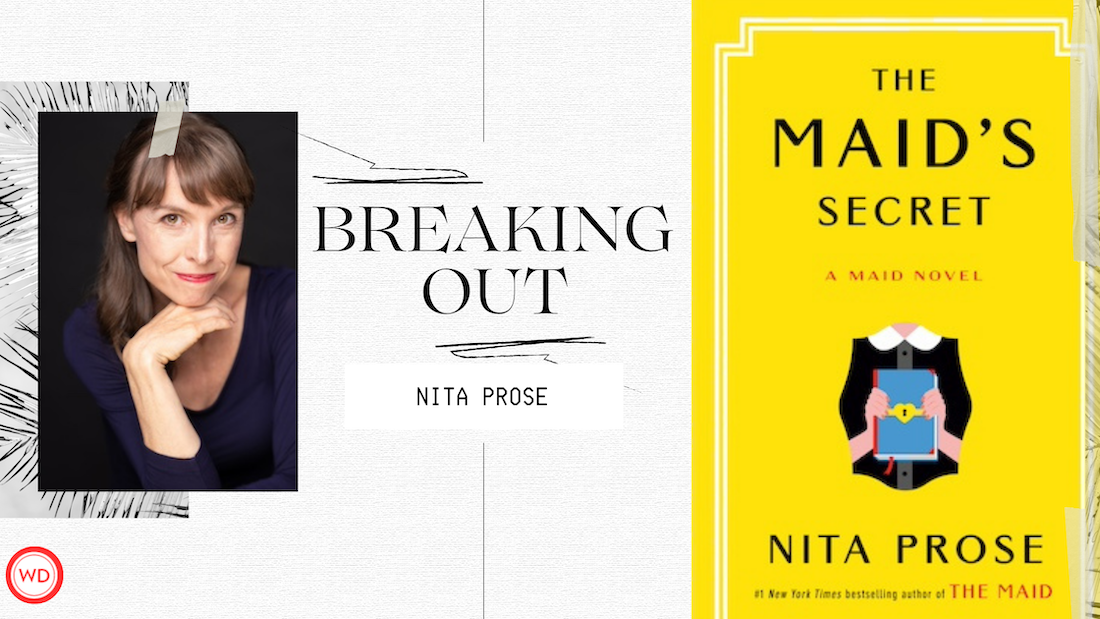5 Things I Learned From Co-hosting a Book Podcast
Podcasting was not something I thought was in my future. Now I can’t imagine my reading life without it. Here are 5 things I’ve learned from co-hosting a book podcast.
My book podcast, Book It!, just wrapped on our second season. It's a podcast where my cohost Jill and I talk about books frankly—we also highlight indie bookstores, chat with authors, host a book club, and more.
The entire process has been a surprise to me. When starting my career in editing and publishing, I never anticipated that I would one day cohost a podcast. Podcasts weren’t a form of media I tended to gravitate toward, music being my main choice of audio entertainment. And since my exposure to the form was somewhat limited, I wrongfully assumed that there wasn’t much for me in the way of my interests.
Not to mention, the concept terrified me. The idea that people would hear my thoughts and opinions on a topic that is very important to me gave me pause. I love to read—reading is what led me to writing—and I love discussing books with friends. But with strangers? Yikes.
I've learned so much about the process of podcasting in the last two years—but I've also learned a lot about who I am as a reader and writer. If you are someone who is curious about starting a podcast, I want to help. Here are five things I've learned from co-hosting a book podcast.
1. Recording takes time.
The first time Jill and I sat down to record with a producer, we recorded for over two hours.
“How’re we doing?” I asked her after the first hour passed.
“Good,” she said, “I’ve got about 30 minutes of useable content so far."
Insert dropped jaw here.
An immediate lesson learned: Not everything we say is valuable, entertaining, or original. Most of it will be, but some of it will be left on the cutting room floor—especially when you’re finding your footing in those first few episodes.
We eventually figured out a rhythm, between practice and advice from our producer, and have streamlined the process to the point where almost everything we say stays in the episodes. So be patient in the process. Recording takes time.
2. Say what you mean.
On the other end of that, knowing how to share your opinion without being unkind is important. Language is valuable and important, and art isn't created out of thin air. So when your opinion is less than favorable, remember the person on the other end of it. Say what you mean, and say it with empathy.
3. Be authentic.
There is a natural element of performance with podcasting but, as much as you can, be yourself. Think of podcasting the same way you would writing. The number one person you should write for is yourself, and the readers will follow. The same can be said for podcasting. If you stay true to who you are from the beginning, the listeners you accumulate will get to know you in a way you will be proud of.
4. If you don’t ask, it will never happen.
At the beginning, we had impostor syndrome. What authors would want to talk to us, this brand new podcast who, as far as we knew, had four listeners: ourselves and our moms? We had grand hopes of getting to be in conversation with authors of all genres, but we thought we had to build up to that before we had any right of reaching out. Well, call it COVID confidence because one day, I just decided I was going to reach out to one of my favorite authors, Jacqueline Woodson, and set up an interview.
In our first season, I’d already gotten to chat with one of my favorite authors, and I got to let her know what her writing has meant to me.
Which led me to my next important lesson: If you don’t ask, the answer is definitely no. So you might as well ask.
5. You’re going to love it.
I worried podcasting would feel like work. That the pressure to be interesting, thoughtful, funny, curious, and always reading would take away from my love of reading for pleasure. If anything, it’s heightened it. Podcasting has offered me dedicated time every week where I get to do what I love most—talk about books with friends.
People like to hear people talk passionately about what they love. From the beginning, our podcast was set up so that readers of all kinds—slow readers, fast readers, audiobook listeners, graphic novel lovers, whomever—could tune in and feel like they belonged. Whatever your podcasting aspirations are, as long as you are passionate, you cannot fail.
Michael Woodson is the content editor at Writer's Digest. Prior to joining the WD team, Michael was the editorial and marketing manager for the independent children's book publisher Blue Manatee Press. He was also the associate editor for Artists Magazine and Drawing magazine, and has written for Soapbox Cincinnati, Watercolor Artist, and VMSD magazine. An avid reader, Michael is particularly interested literary fiction and magical realism, as well as classics from Jane Austen, Ernest Hemingway, and E.M. Forster. When he's not reading, he's working on his own stories, going for a run at his favorite park, or cuddling up to watch a movie with his husband Josh and their dog Taran.








